Warsaw Mayor Rafal Trzaskowski is projected to have secured a narrow victory in Poland's presidential run-off election on June 1, according to an exit poll. The closely-watched election has been widely seen as an inflection point in Poland's political trajectory, including its approach to Ukraine.
An exit poll by Ipsos for broadcasters TVN, TVP and Polsat showed Trzaskowski of the ruling centrists Civic Coalition (KO) winning 50.3% of ballots. His rival, Karol Nawrocki – a nationalist who adopted a "Trumpian" style of politics and was supported by the Law and Justice (PiS) party – garnered 49.7% of the vote.
Official election results are expected on June 2.
Trzaskowski, whose campaign hinged on supporting Prime Minister Donald Tusk's democratic reforms, declared victory after the exit poll was released.
"We won," Trzaskowski told party members after the exit poll results came out. "I will bring people together, I will be constructive, I will be a president for all Poles. I will be your president."
While Poland has a parliamentary system in which the president's authority is largely ceremonial, the Polish president is still able to veto legislation proposed by the parliament.
Moreover, the president plays a key role in foreign affairs and serves as commander-in-chief of the armed forces. Polish presidents have historically been particularly active in shaping eastern policy. The next president is expected to play a role in Polish-Ukrainian relations.
While both candidates agreed on certain issues – such as increasing defense spending and supporting Ukraine in its fight against Russia's full-scale invasion – they diverged on Ukraine's potential NATO membership.
Trzaskowski supported Ukraine joining NATO, whereas Nawrocki has been criticized for parroting pro-Russian narratives due to his opposition to Ukraine joining the alliance.
Although Trzaskowski has been seen as more "pro-Ukrainian," both presidential candidates have taken positions targeting Ukrainian refugees. Russian disinformation campaigns also targeted the election, particularly amplifying anti-Ukrainian sentiment in Poland.
The candidates also disagreed on several key social issues, highlighting deep divides in Polish politics and society more broadly.
The Hungary-Ukraine spy scandal and Russia’s possible role, explained
Ukraine’s rocky relationship with Hungary reached new lows this month with the uncovering of an alleged spy ring run from Budapest. Arrests, tit-for-tat expulsions, and a stream of accusations from Hungarian Prime Minister Viktor Orban soon followed in a diplomatic scandal with potentially massive ramifications for both countries. “This is

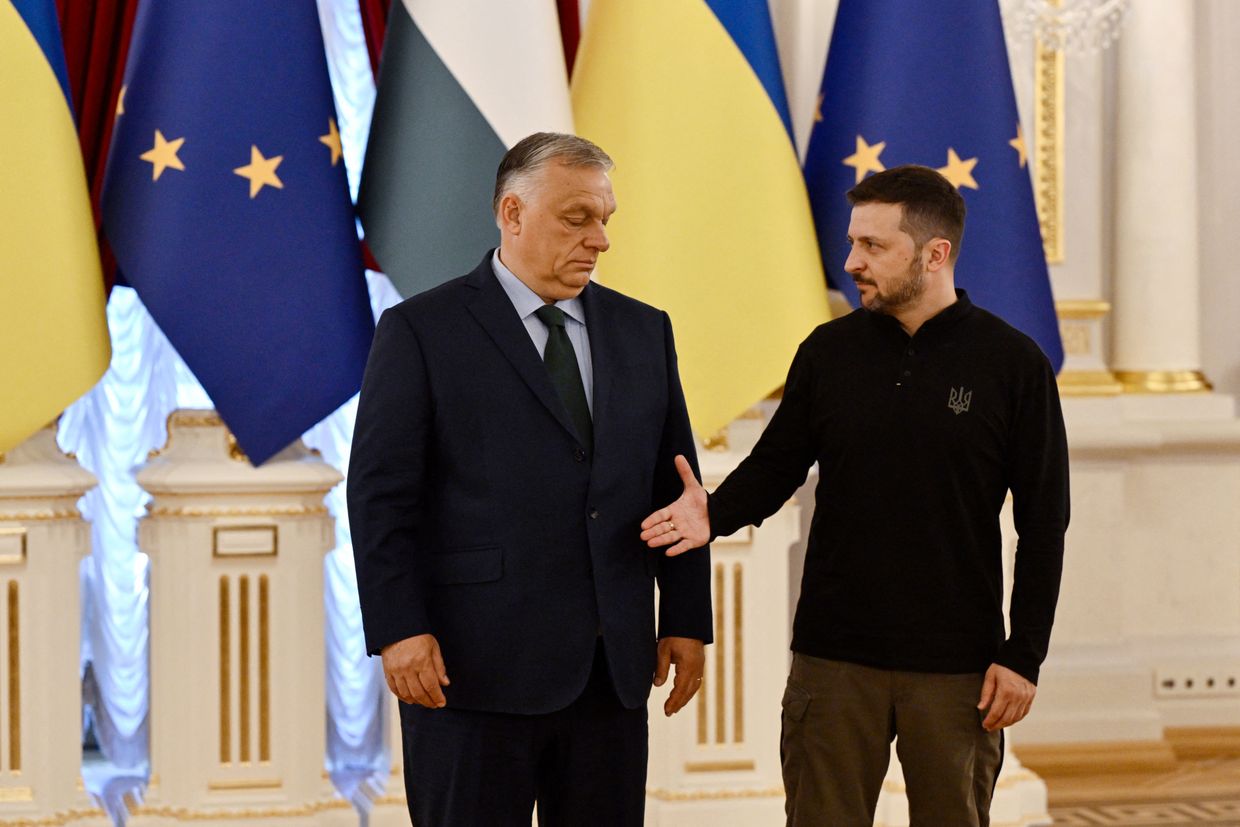
.png)
 German (DE)
German (DE)  English (US)
English (US)  Spanish (ES)
Spanish (ES)  French (FR)
French (FR)  Hindi (IN)
Hindi (IN)  Italian (IT)
Italian (IT)  Russian (RU)
Russian (RU)  1 day ago
4
1 day ago
4

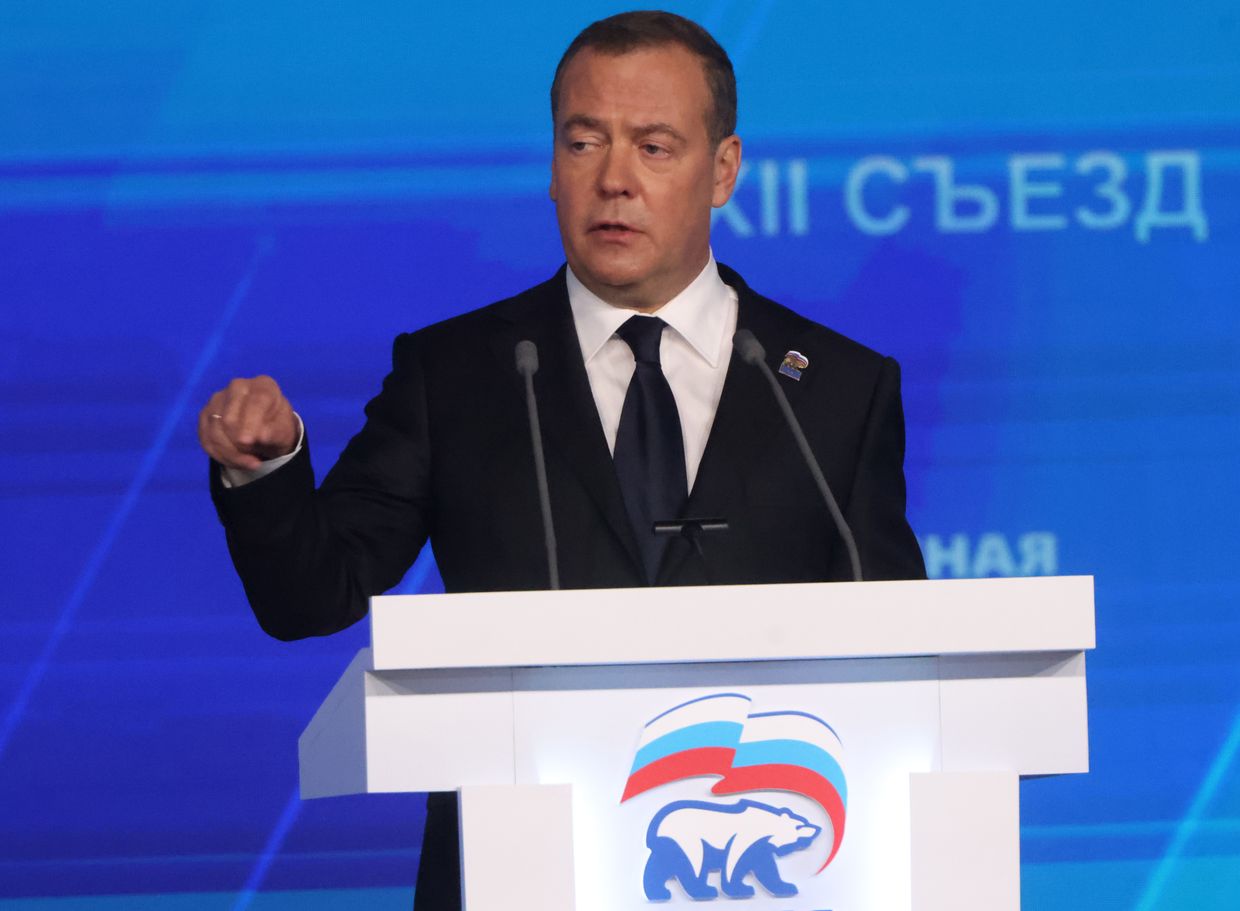
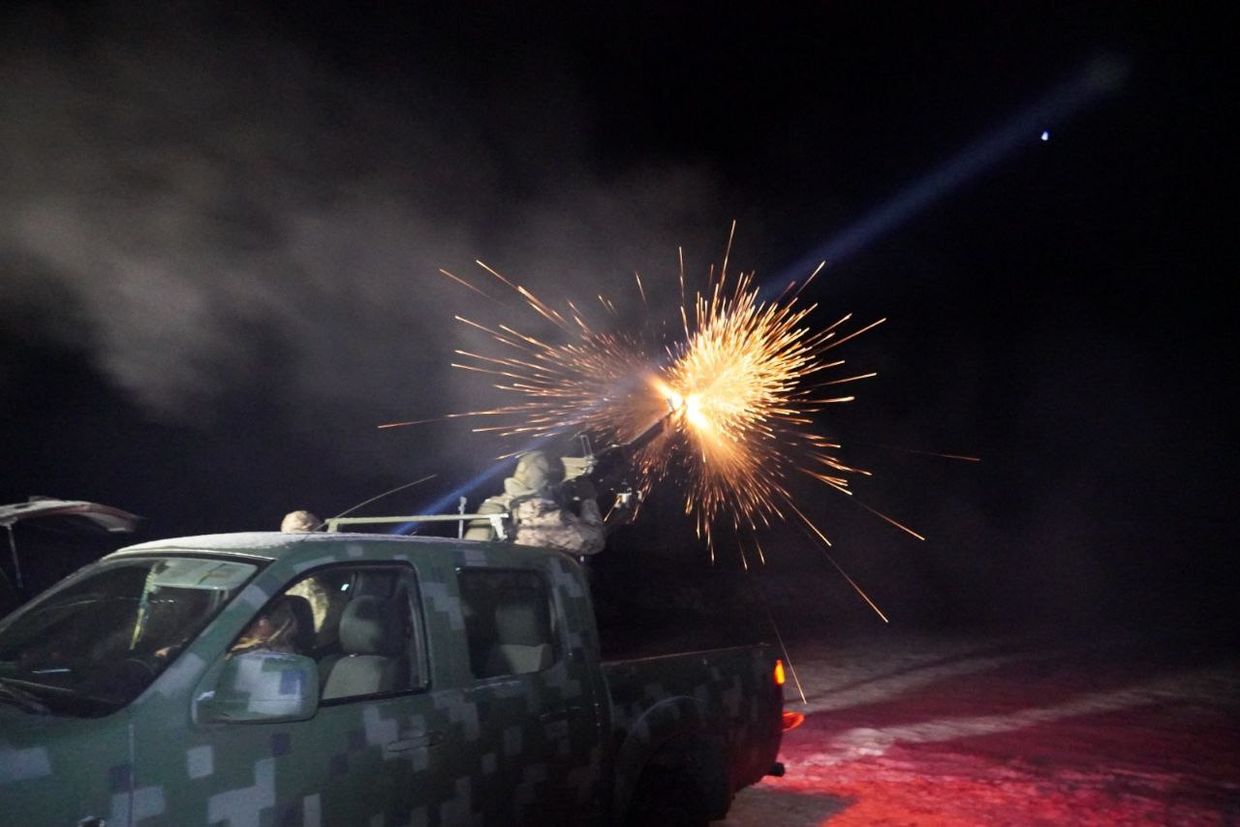
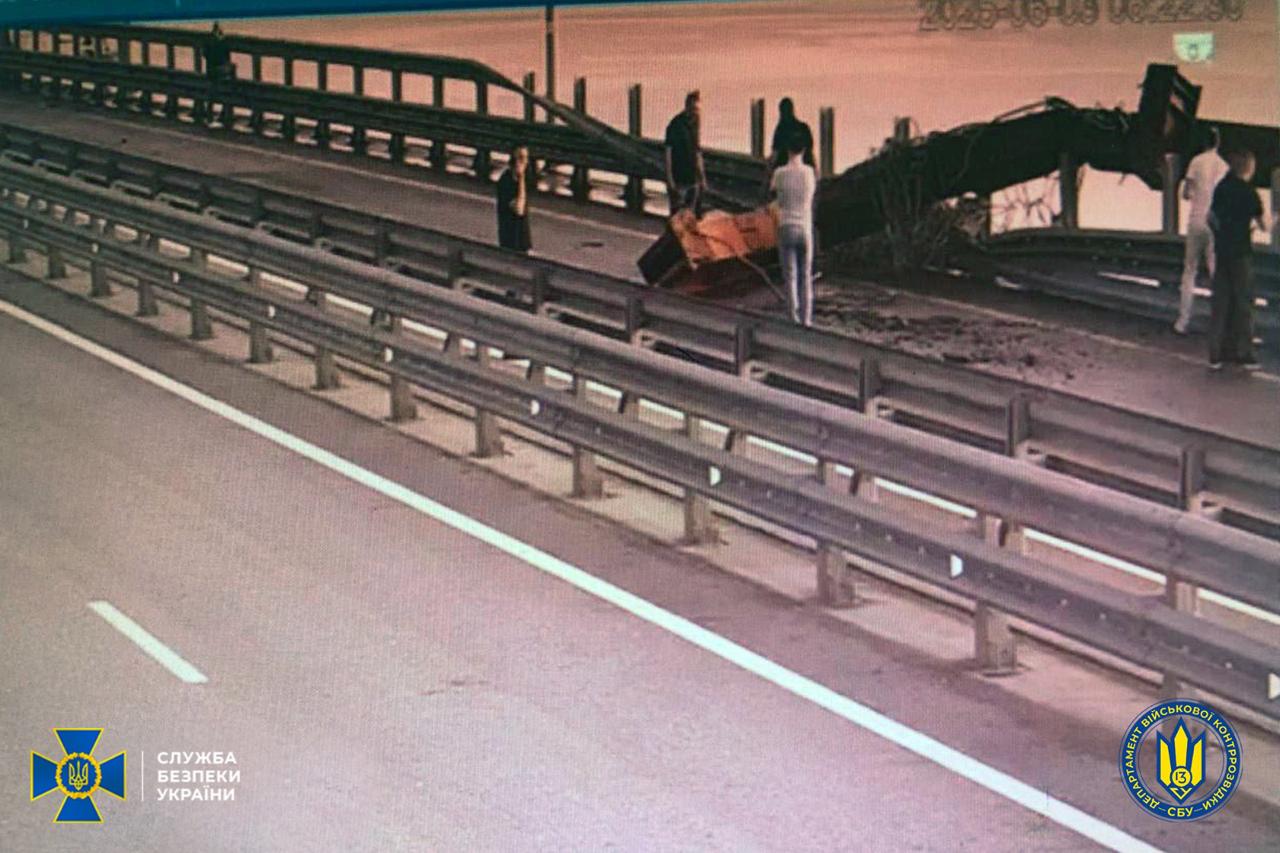
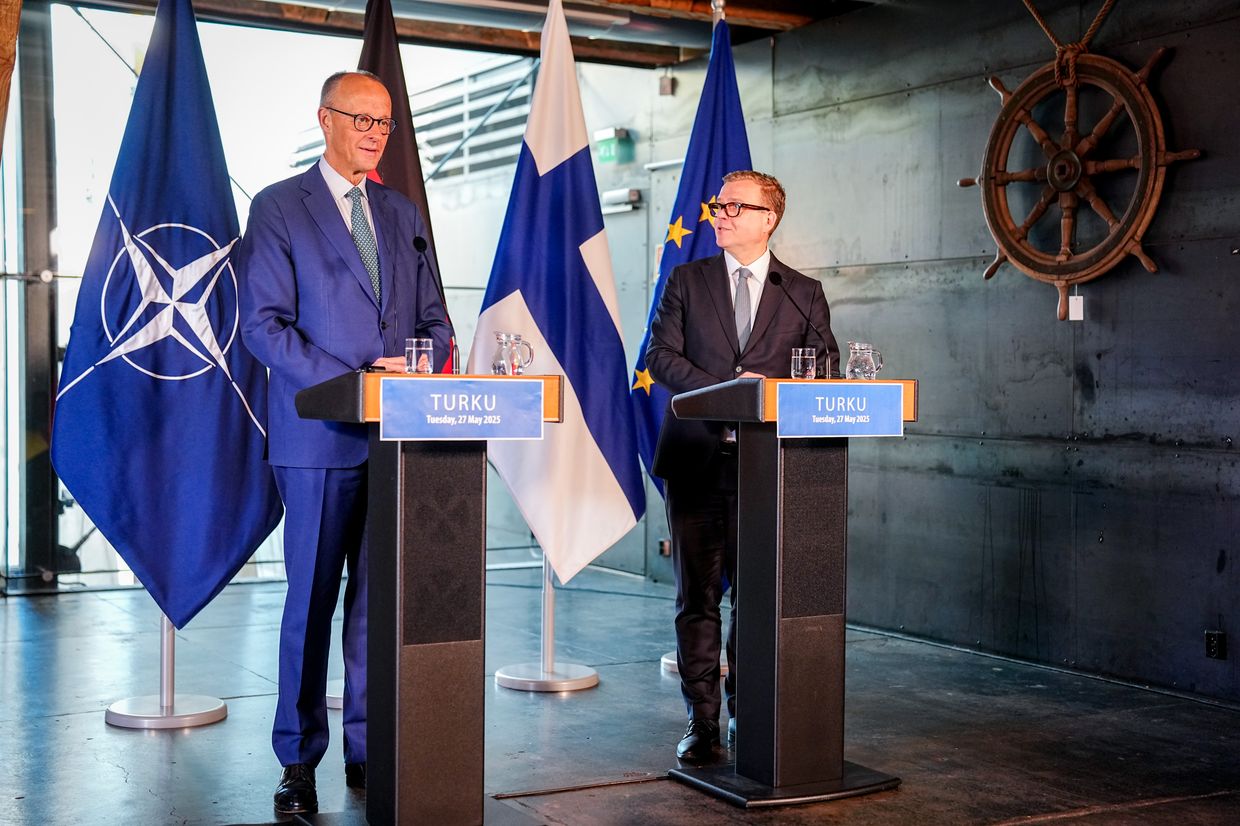


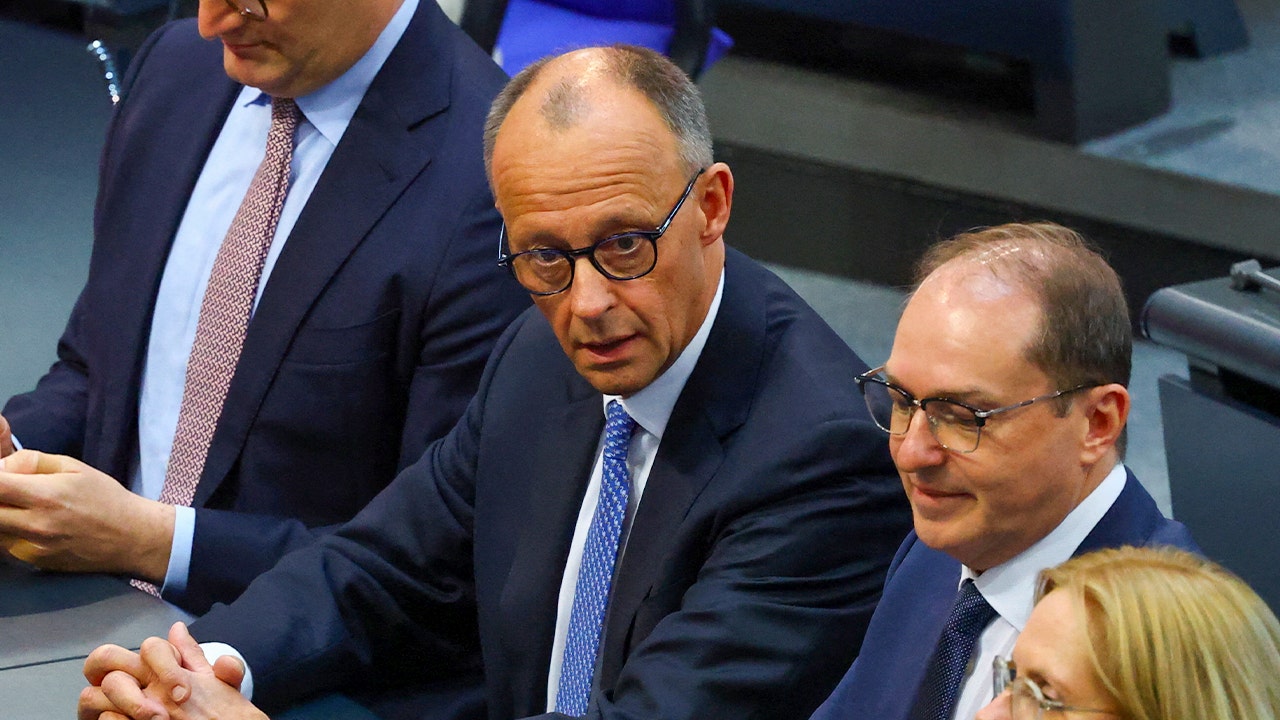
Comments